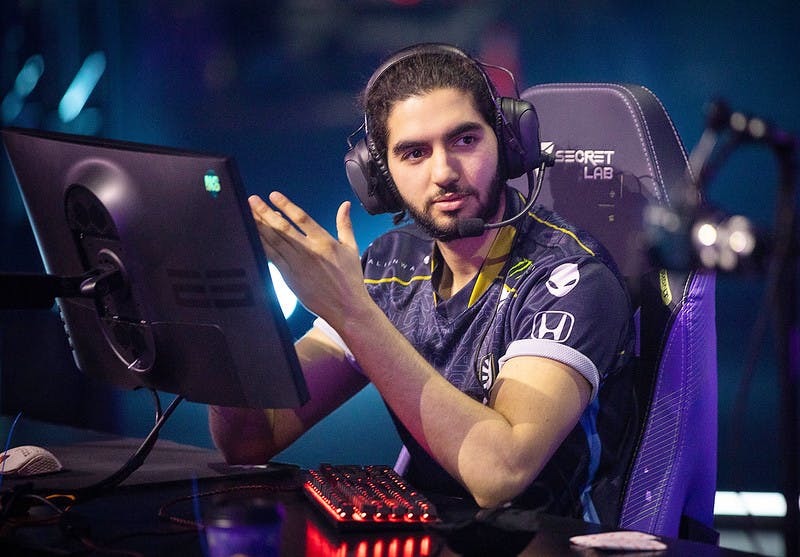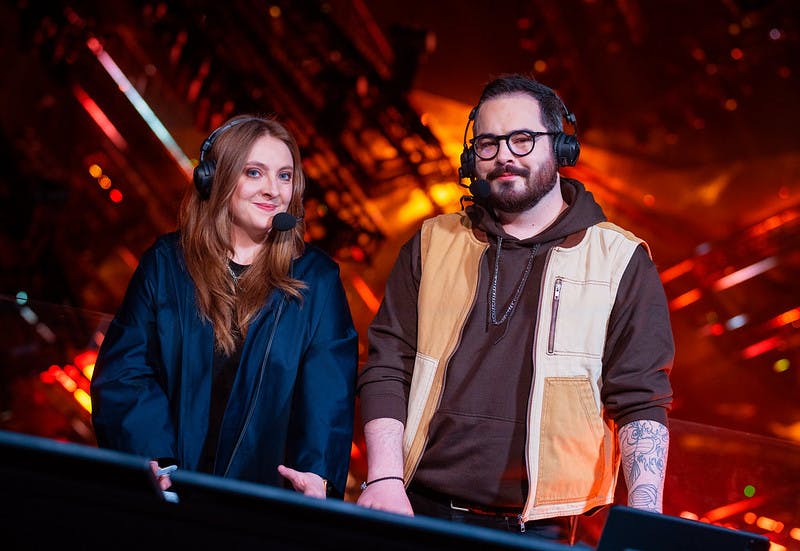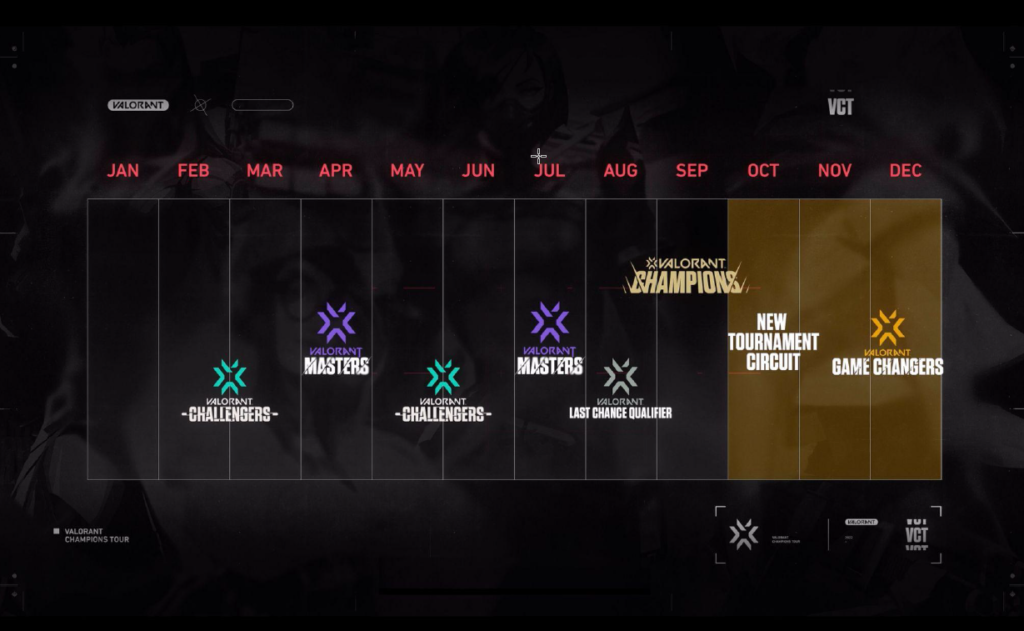Valorant had a great first year – here’s three reasons why, and why you should be excited for 2022.
Riot Games’ Valorant has proven to be the next hit esports title. Many games come on to the market claiming to be the best thing since sliced bread from an esports perspective but Riot has somewhat proven that they can produce an esports title from scratch where many others cannot and fail to do so.
We’ve rounded up our observations from the first year of competitive Valorant and decided on three reasons it succeeded where others failed.
Developer experience
Riot has had almost 10 years of running League of Legends esports to work out all the kinks. While there were still a few hiccoughs (looking at you, NA Champions LCQ), a lot of them were outside of Riot’s control.
The esports department at Riot Games is filled with experienced people that have seen the ins and outs of esports competition. Many of them have worked on titles like League of Legends, and some even have seen the pitfalls of FPS competition from years of CS:GO.
This means that Valorant was both designed from the ground up for competitive gaming, and that esports competition should (theoretically) go off without a hitch. This also meant that they had a template for esports that they could almost copy and paste from League of Legends. While they ultimately chose to go with a few circuits of tournaments, they could pull from their years of experience in working with venues, teams, and others to get people in on the action from jump street.
Veteran players

The players of Valorant are not new to esports by any stretch. Many of the teams in Valorant are made up of players that have come from a variety of competitive backgrounds, especially from Valve’s CS:GO. This meant that the players were already used to the rigors of competitive gaming and their environments and were able to provide high level gameplay, perhaps much sooner than they would have been in a more unique game.
There wasn’t much of a ramp-up period as there is in other esports titles where the game was in beta. Take Overwatch for example. The game existed in some competitive capacity before the Overwatch League with various tournaments and events, but it wasn’t exactly what you would call organized play. There was no circuit, and very little dveloper support. While the players there did have competitive experience from Team Fortress 2, they did not have the sort of LAN experience that something like OWL or (in this case) the Valorant Champions Tour provided.
The veteran players from other games also meant that there was immediate fan interest, due to the fanbases following from other games. Players from Overwatch, CS:GO, and other competitive shooters came over and brought their audiences with them, especially in the case of big streamers like Ninja playing the game competitively.
Related articles
Talent galore

Valorant debuting in 2021 also brought with it a wealth of talent to broadcasts. Folks like Yinsu Collins, Mitchman, Pansy, Hypoc, Tombizz, RyanCentral and DDK were there to bring us all the action. While it does take away some of the game’s personality and identity to use talent from other FPS titles rather than homegrown Valorant talent, it does lend to the game’s professionalism and presentation.
The amount of talent on display from the casters was simply staggering in year one, providing hype to key moments. Indeed, the fact that many of them came from CS:GO alongside the players means that they had insight into player histories that some other casters may not have.
While there were some notable missed opportunities throughout the year, such as James Banks or Velly not being at Champions, Riot did a pretty great job all around of both having a diverse field of both male and female casters. This is a lesson Riot’s had years to learn through League of Legends, and we were glad to see it took hold throughout Valorant’s first year.
The future’s bright

All in all, Riot has built a fantastic foundation for Valorant esports to flourish, and they aren’t taking any time in expanding upon it next year. Through regional play in both EU and NA, Valorant looks to expand with even more play. The notable downtime between Masters events will simply not be there, leaving less time for Valorant fans to not have anything to watch.
This also means players will be more engaged next season and will have to keep their skills sharp as teams will have much more playing time. It was said that the teams that kept themselves active throughout the run-up to Champions advanced further in the tournament than those that didn’t. This theory will be put to the ultimate test next year.
Additionally, Riot’s partnership with premier organizers such as Red Bull means that we will also see more third-party events next season. Game Changers, the female Valorant esports program, is also expanding with its own Global finals, meaning that the gap between women and their male counterparts should continue to shrink. There will also be a period in the offseason where third-party tournaments will be allowed to operate with top teams, meaning that even once a Champion is crowned next September, teams will be able to test out new rosters and be ready for 2023.
What did you think of Valorant in 2021? Let us know on Twitter @esports and keep it locked here for all the latest in Valorant roster moves as we head into 2022.